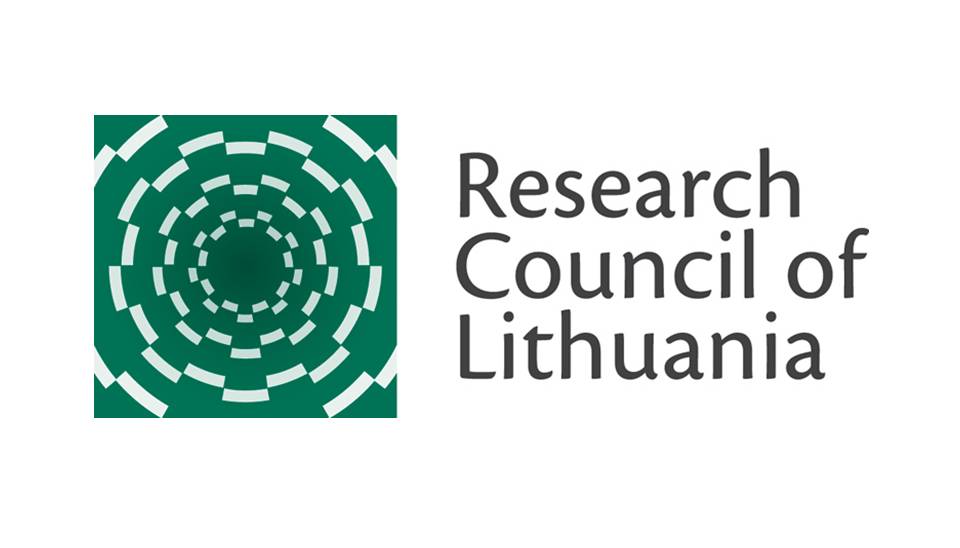Project idea
Kadangi viešos diskusijos dėl imigracijos gali paskatinti stiprų visuomenės susiskaldymą ir etnines įtampas, gilesnės žinios apie visuomenės požiūrio į imigraciją veiksnius yra labai svarbios siekiant pasiūlyti būdus, kaip galima išvengti šių neigiamų pasekmių. Ankstesniuose akademiniuose tyrimuose ne kartą išryškėjo išvada, kad priešiškumą imigracijai pirmiausia lemia žmonių susirūpinimas kultūriniu imigracijos poveikiu, taip pat tariama grėsme nacionaliniam išskirtinumui. Tačiau konkretūs būdai, kaip kultūriniai veiksniai daro įtaką požiūriui į imigraciją, dar nenustatyti. Šiuo projektu bus siekiama atsakyti į šį platų tyrimo klausimą: kaip individualios tautinės tapatybės sampratos formuoja žmonių požiūrį į imigraciją Europoje? Projektas vyks trimis etapais, kiekviename iš jų siekiant užpildyti esamos literatūros spragas. Pirmajame etape bus koncentruojamasi į Vidurio ir Rytų Europos šalis ir siekiama įvertinti , kokiu mastu nuostatos dėl imigracijos priklauso nuo individualių tautinės tapatybės sampratų ir ar šio ryšio stiprumas priklauso nuo šalies konteksto. Antrojoje projekto dalyje bus nagrinėjamas pačių imigrantų požiūris į imigraciją ir tiriama, kiek šias nuostatas formuoja tautinės tapatybės sampratos bei laikotarpio, praleisto imigracijos šalyje, ilgis. Šiame etape bus analizuojamos visos Europos šalys, apie kurias turima duomenų. Abiejuose etapuose Europos vertybių tyrimo 2017 duomenims analizuoti bus naudojama latentinių klasių analizė ir daugialygis modeliavimas. Galiausiai bus atlikta jau paskelbtų kiekybinių tyrimų meta analizė, kurios objektas bus įvairių tautinio tapatumo kintamųjų (pvz., tautinės saviidentifikacijos stiprumo, nacionalinio pasididžiavimo, tautinio tapatumo turinio ir kt.) įtaka požiūriui į imigraciją.
___
Since public debates on immigration have a potential to generate deep divisions in societies as well as create ethnic tensions, better knowledge of the sources of immigration views is instrumental for offering ways in which these adverse outcomes can be avoided. In previous academic research, the finding that anti-immigration attitudes are primarily driven by people’s concerns over the cultural impact of immigration as well as its supposed threat to national distinctiveness has repeatedly emerged. However, the exact ways in which cultural factors exert their influence on immigration attitudes are yet to be established. This project will seek to answer the following overarching research question: How do individual understandings of national identity shape people’s views towards immigration in Europe? The project will proceed in three stages, each of them addressing the limitations of existing literature. The first one will focus on Central and Eastern European countries and seek to assess the degree to which immigration attitudes depend on individual understandings of nation hood in the region, and whether this relationship is conditioned by country-level characteristics. The second part of the project will engage with immigration attitudes of immigrants themselves and explore to what extent these attitudes are shaped by nationhood conceptions as well as the amount of time spent in the country of immigration. This stage will have a broader geographical scope and encompass all European countries for which there are available data. In both stages, latent class analysis and multi-level modelling will be used to analyse European Values Study 2017 data. Finally, a meta-analysis of already published quantitative studies focusing on the impact of various national identity variables (e.g. strength of national identification, national pride, content of national identity etc.) on immigration attitudes will be conducted.
Pranešimai konferencijose:
ECPR metinė konferencija, 2023 m. rugsėjo 4-8 d. Pranešimas – “Outsiders not worth trusting? Accounting for immigration attitudes in CEE”. Daugiau informacijos.








